7 Shocking Facts About Preparedness
As a prepper, you know the importance of being prepared for any situation. But are you aware of just how unprepared the general population is? Recent studies have shown that a shocking number of people have no emergency plan whatsoever. In this blog post, we’ll take a closer look at some of the most shocking facts about preparedness. We’ll also explore what you can do to help prepare your loved ones for emergencies. Stay safe!
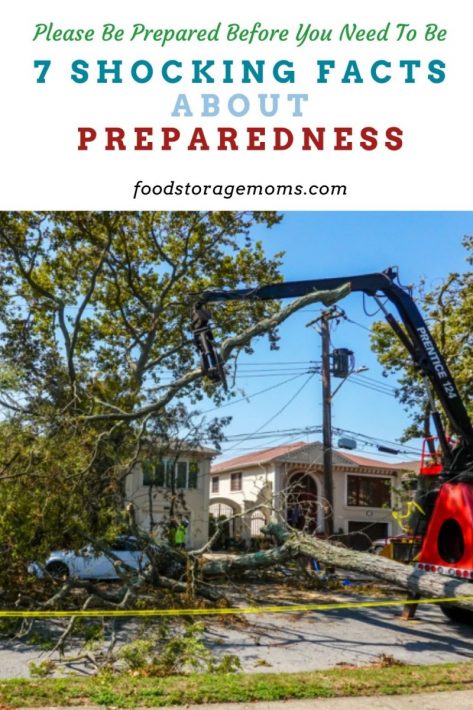
What is preparedness?
Preparedness is the state of being ready for something. It includes having the supplies and knowledge necessary to deal with an emergency situation. Many people choose to be prepared for natural disasters, such as hurricanes or earthquakes. Others may prepare for man-made disasters, such as power outages or terrorist attacks. Still, others choose to be prepared for both. You’ll want to keep reading to discover all these shocking facts about preparedness.
Why should I be prepared?
There are many reasons why you should be prepared for an emergency situation. First, it could save your life. In a disaster, emergency services may not be able to reach you immediately. If you have the supplies and knowledge necessary to take care of yourself, you’re more likely to survive.
1. Disasters can happen at any time, without warning.
When it comes to disasters, they can happen at any time, without warning. That’s why it’s so important to be prepared for anything that might come your way. By having a plan and being stocked up on supplies, you’ll be much better equipped to handle whatever life throws your way.
One of the key parts of being prepared is to do some research. That would include determining the most common types of disasters that would most often affect YOUR AREA. Each region of the country is prone to experience its own set of challenges based in most cases on the weather patterns. Where I live in Utah, we have been known to deal with heavy winds from time to time, but I’m not aware of any hurricanes here.
We seldom get tornados, but did have one a few years ago that passed right through downtown Salt Lake City. Now, when it comes to earthquakes, that’s another matter. We hear about, and often feel, small earthquakes pretty frequently. Everyone talks about the “big one” that is overdue, but I’m not sure too many people really work to prepare for earthquakes.
Perform some due diligence and find out what is the most common issue, but then put together YOUR plan regarding properly preparing.
- Hurricane Items You Must Have Before It Hits
- Tornado Watch vs Tornado Warning
- Prepping for When Flooding Strikes
2. You may not have time to gather supplies or evacuate before a disaster hits.
When a disaster strikes, you may not have much time to react. That’s why it’s important to be prepared in advance. Make sure you have an emergency kit stocked with supplies like food, water, and first-aid supplies. If directed to evacuate, know your evacuation route in case you need to leave quickly. By being prepared ahead of time, you can give yourself the best chance of making it through a disaster safely. This is one of the most shocking facts about preparedness for me. You always think you’ll have time to be prepared, but this isn’t always true!
- How to Put an Evacuation Plan Together
- Should You Bug In or Bug Out? What to Know
- How To Be Prepared To Evacuate Your Home
3. A disaster can leave you without power, water, or access to essential services for days, or even weeks.
A disaster can strike at any time, leaving you without power, water, or access to essential services. That’s why it’s important to be prepared. Stockpile supplies like food, water, and first-aid kits. It’s also a good idea to have a backup plan for things like cooking and communication. And in the event of a prolonged outage, you may need to consider things like alternative sources of heat and light. By being prepared, you can help ensure that you’ll be able to weather the storm and come out the other side.
- How To Build A Power Outage Kit
- Why Drinking Water is So Critical to Our Health
- Essential Skills You’ll Need After a Pandemic
4. Your home may be damaged or destroyed in a disaster, leaving you homeless and penniless.
Disasters can strike at any time, without warning, and when they do, the damage can be catastrophic. Homes can be destroyed, leaving families homeless and penniless. Even if your home is still standing, the damage caused by a disaster can be severe, making it uninhabitable. That’s why it’s so important to be prepared for the worst.
By having a plan and supplies in place, you can minimize the damage to your home and property and ensure that you and your family have what you need to weather the storm. So, take some time today to prepare for tomorrow. It could be the best decision you ever make.
It is only common sense to have insurance in place for your home and property. Yes, it may prove to be a little pricey, but having the proper kind of insurance for the necessary amounts can prove to be a financial lifesaver. That’s why doing your homework and determining what type of coverage is needed and available for the typical disaster expected in your area.
Your mortgage company can provide some guidance, and may even require some special coverage. If you are in the market for a new home, doing the homework could actually prompt you to consider staying away from one area and strongly considering another.
5. A major disaster could cause a food shortage and widespread panic buying, leaving you with nothing to eat.
It’s a scenario that no one wants to think about, but a major disaster could cause a serious food shortage. If a disaster struck and disrupted the supply chain, there could be widespread panic buying as people try to stock up on food. And if you don’t have enough food stockpiled, you could quickly find yourself with nothing to eat.
That’s why it’s important to be prepared for such an eventuality. If you have a well-stocked pantry and a few weeks’ worth of non-perishable food on hand, you’ll be in much better shape than those who don’t. Take the time to plan ahead, and you’ll be able to weather any storm.
The facts are, in a severe storm the relief agencies we expect to rescue and provide support simply can’t cover all the bases people think. There aren’t enough people, equipment, and supplies to help all who will need them. Be self-sufficient and make make sure you have done your part to be fully prepared.
- Why Store Shortages are Not More Widespread
- Effective Ways To Prepare For Food Shortages
- Inflation, Food Shortage, and Gas Crisis: Will it Get Worse?
6. After a disaster, you may need to rely on your survival skills to get by.
If a disaster strikes and you find yourself without access to essential services, you may need to rely on your survival skills to get by. That means knowing how to find food and water, build shelter, and protect yourself from the elements.
I’ve written in the past about having things that can be bartered. That could be food and water, but it could also include skills you can trade with others for the necessary things you need.
- Survival Items for Emergency Prepping
- Survival Skills to Teach Young Children
- 15 Items Older People Want For Survival
7. A disaster can have a lasting impact on your mental and emotional health.
While the physical effects of a disaster can be devastating, the mental and emotional impact can be just as damaging. A major disaster can leave you feeling scared, anxious, and alone. And if you’re not prepared to deal with those feelings, they can quickly become overwhelming.
That’s why it’s so important to have a plan in place for dealing with the mental and emotional fallout of a disaster. Whether it’s talking to a therapist or counselor, joining a support group, or simply spending time with friends and family, it’s important to have a way to cope with the aftermath of a disaster.
It may seem like a simple thing, but just the act of having a plan and putting it in place can relieve much of those anxious feelings. It is also key to have your whole family “on the same page” when it comes to what is needed, how to use it, how to communicate, how to look out for each other, etc.
There is an old saying that goes something like this: plan your work, then work your plan. Practice does make perfect, so go through some routine evacuation plans, discuss how much food, water, and other supplies will be needed, know where everything is, and learn how to use equipment and supplies you may not be that familiar with.
One Additional Thing:
8. You may need to evacuate your home during a disaster.
If a disaster is imminent, you may need to evacuate your home. That means packing up essential supplies and getting out of town as quickly as possible. No one wants to leave their home, but to be honest, you may not have a choice.
How often do disasters happen?
There is no definitive answer to this question as it depends on a number of factors, including the type of disaster, its location, and the time of year. However, according to the Federal Emergency Management Agency (FEMA), the United States experiences an average of 500 natural disasters each year. Of these, approximately 10 percent are classified as major disasters.
What are the most common types of disasters?
The most common type of disaster in the United States is severe weather. This includes storms like hurricanes, tornadoes, and blizzards. Other common types of disasters include floods, wildfires, and earthquakes.
Resources to Help with Preparedness
Final Word
No one wants to think about the possibility of a disaster, but it’s important to be prepared. By having a plan and supplies in place, you can minimize the damage to your home and property and ensure that you and your family have what you need to weather the storm. These shocking facts about preparedness are important to know, so if you haven’t done so already, start putting your plan together TODAY! May God Bless this world, Linda.
Copyright Images: Tropical Storm Depositphotos_399135388_S by Zhukovsky

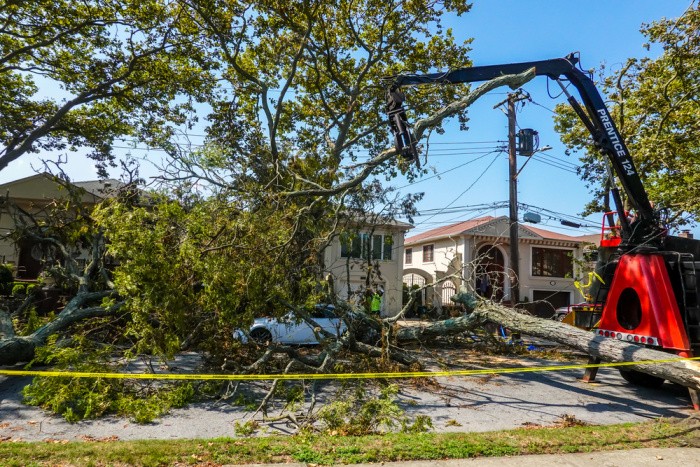

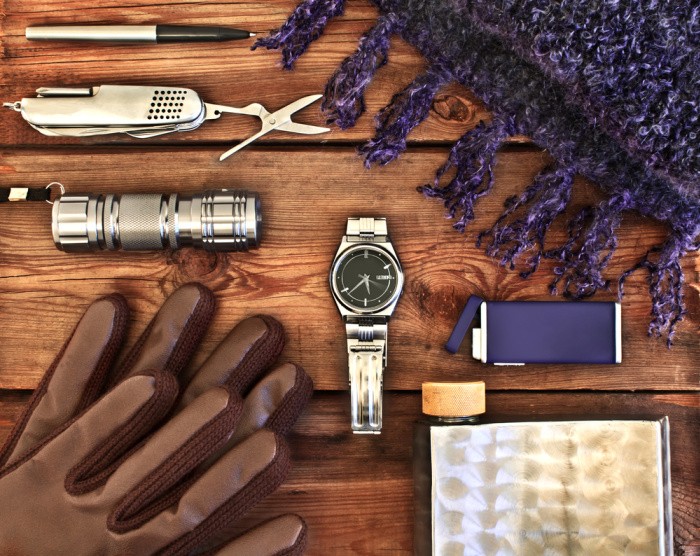
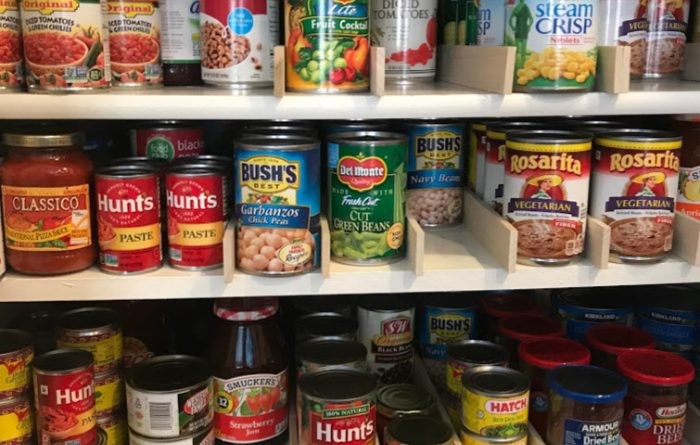
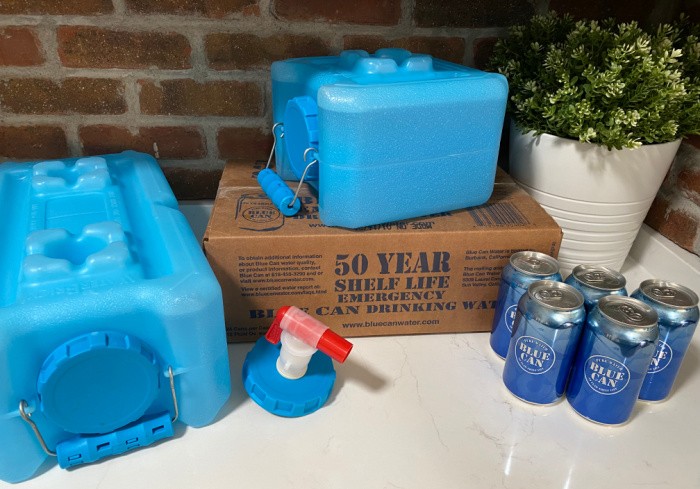
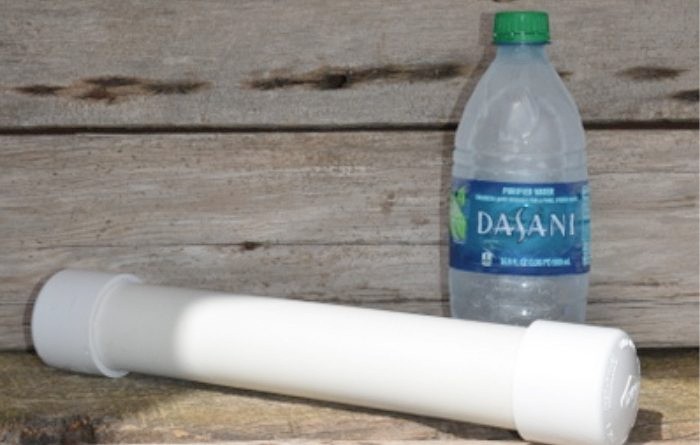

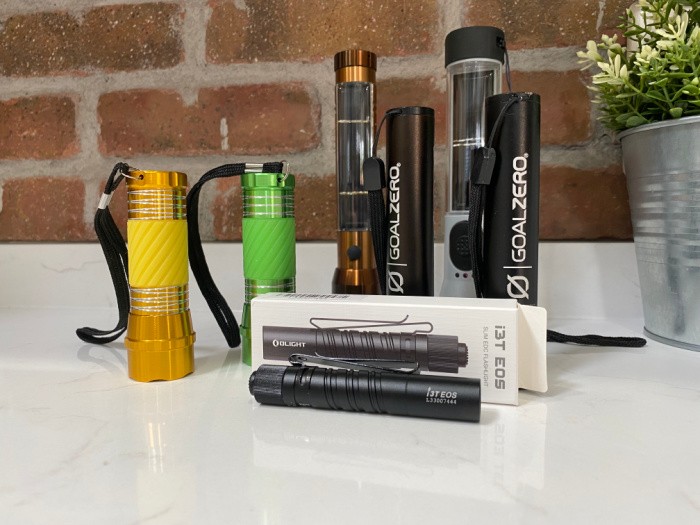
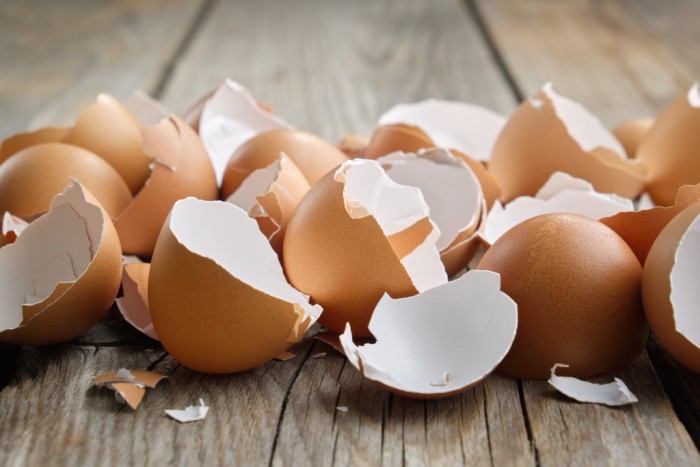
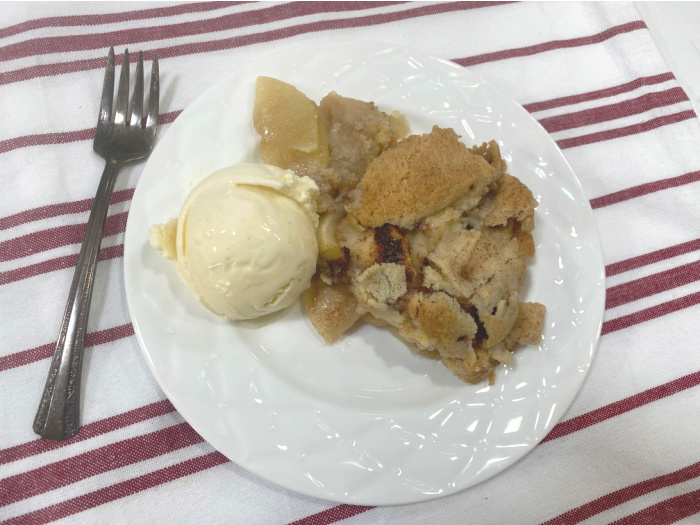
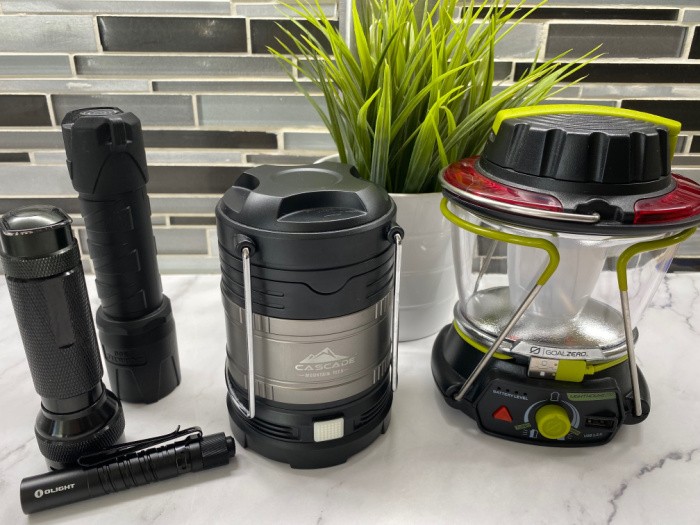
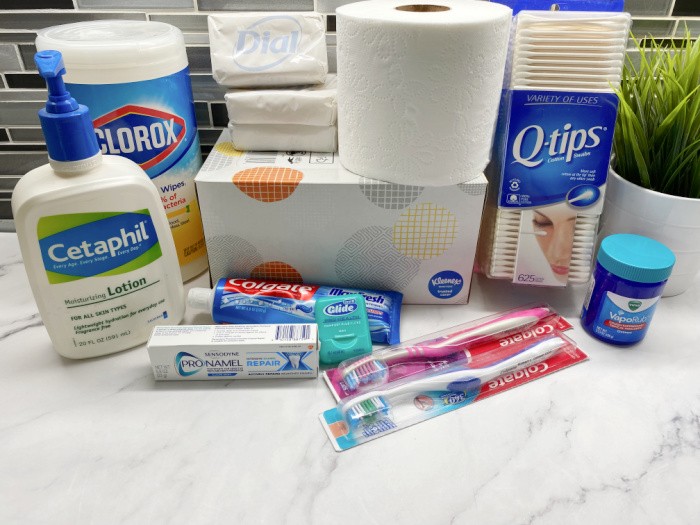
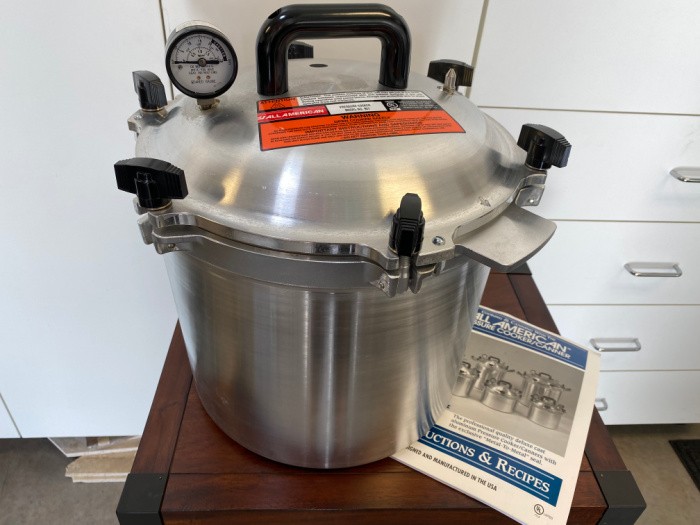
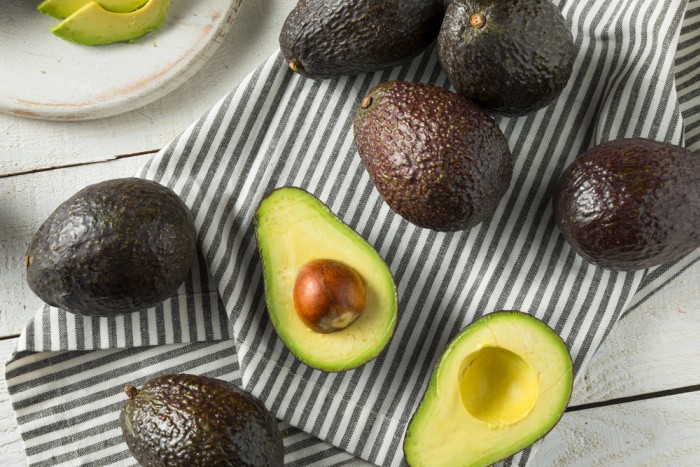
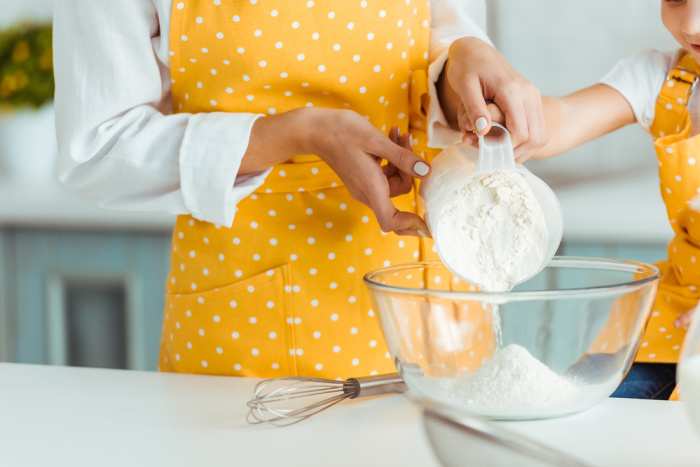

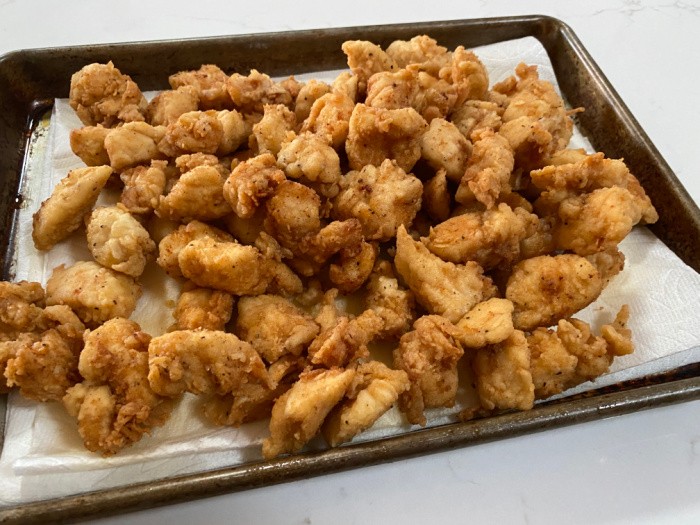
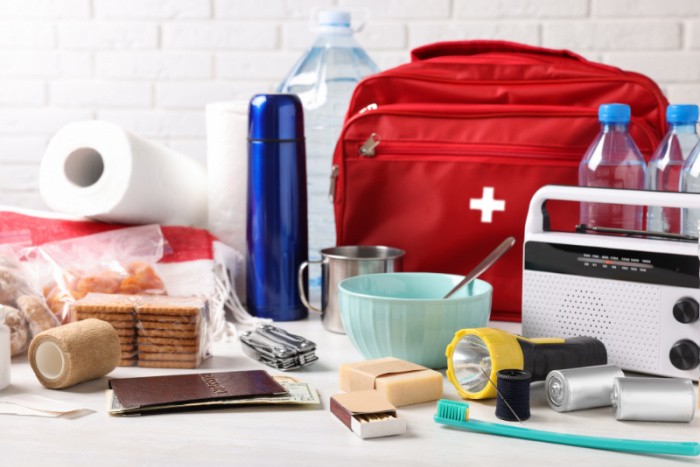
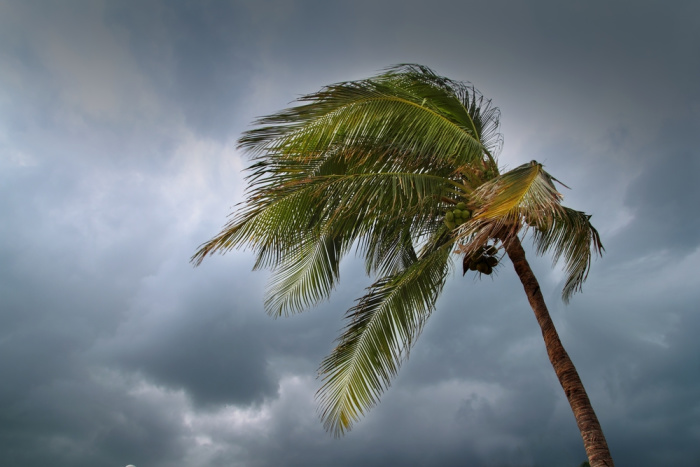
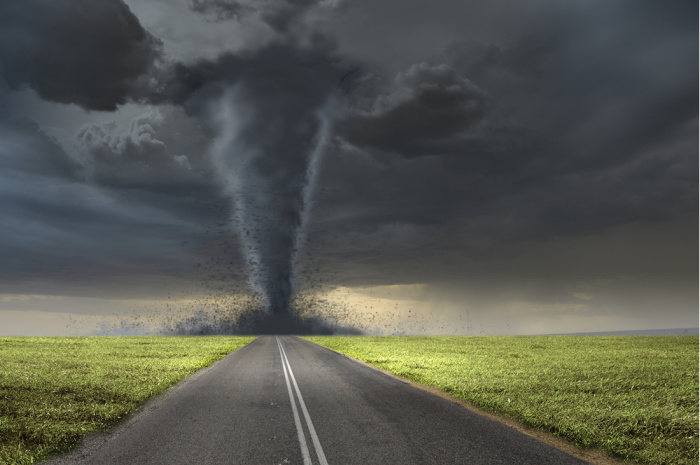

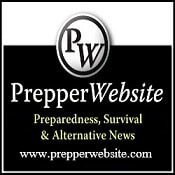
It’s hard to see how anyone after the past few years can’t be thinking about it at some level.
Even the government in various countries are telling its people to prepare. IMO if your waiting on them to tell you you are way behind and probably beyond help.
I’ve had folks tell me I can’t prepare for every scenario so it’s a waste of time. I disagree because the basics will keep you alive and their minds are stuck on comfort or maintaining the same level of comfort.
Prepare for eventualities
Thanks Matt,
You saved me a lot of keyboard work. I was planning on saying much the same thing. Basically, people need to be their own relief agency and not depend on anyone else.
Hi Harry, I totally agree, now if we can get people to understand that’s how it will be. No deliveries will be available! Linda
Hi Matt, oh, there are still people thinking all is well. I wish them luck because they will need it and much more! I love “prepare for eventualities”! They will happen! Linda
I agree with Matt! I don’t want to have to rely on anyone but myself. I know what I need to stay alive. The government nor my neighbors know that. Just my opinion. This is what works for me. I am gathering an extensive first aid kit. I have almost everything I could possibly need. It came in handy a little over a week ago. I had an accident and the skin on my arm peeled off. It’s healing very well now, thanks to my first aid kit, and knowing what to do and what to use.
Hi Deborah, way to go with the first aid kit! Glad your arm is healing! We can take care of ourselves for sure! Linda
I think we will be put to the test soon. A friend of mine said that her trucker husband has been told to “top off the tank” on his truck whenever and wherever he can. Diesel fuel is expensive and harder to find. Some locations are worse than others. As her husband said, this country runs on diesel and that’s so true!
Hi Paula, great comment!! I totally agree our country runs on diesel! Here is a shout-out to all truckers/truck drivers! THANK YOU!! Linda
For people who say that they could never be a prepper, I tell them this:
Prepping is not just for SHTF situations.
• Do you have an IRA, 401(k), a 529 plan for your kids’ college education? Then you may be a prepper.
• Do you have catastrophic health insurance for future unexpected, high-cost, medical emergencies? What about LTD disability insurance, AD&D, or something that pays you money for each day you are in the hospital (like the one that uses a white duck in its advertising)? If you have any of these, you are indeed, a prepper.
Hi Karl, wow, great comment! I LOVE LOVE LOVE your thoughts! You are so right! Linda
I watched my mom put up the fruit and vegetables my father grew. She even put up the dandelion greens she loved so much. I watched my husbands Grandmother, Aunt and Mother put up things each year from their garden and the animals they raised. I know this is going to sound crazy but when we lived in Tennessee there was a small grocery store that would give me all sorts of meats and other foods from the freezer that would expire in 2 days. One year I was given 20 hams, 15 Turkeys and all sorts of other meats and frozen foods and all he asked me was to tell him I was asking for my dogs. He knew it was for my family because we went to the same church. I would take it home cut it in family portions and freeze it. If it is not passed the expiration Date if you freeze it is it still good until you take it out of the freezer. I usually took it out the day we would use it.
We would have been in a world of hurt if he did not do that because my husband had been sick and we had 3 small children. But God blessed him and us for those years we had little or no money. He even gave the kids candy at all the holidays. I froze that also.
Hi Jackie, what a blessing that was from the small grocery store!! Thank you for sharing your story!! I LOVE it! Linda
I remember seeing fruits drying on tin roofs laying on towels. Gene remembered eating these.
Jackie—ya might want to consider that grocer knew what he was doing!!
Instead of cursing the darkness, he lit a candle.
Hi Jay-Jay, I love this comment, thank you! Linda
Jay Jay
I know he knew what he was doing because when he gave me the meat the first time he told me to freeze it right away so it would not go bad. He was a wonderful Christian and was well liked in the community
I am so glad that there was someone there for your family when you needed it. Sounds like one of God’s angels.
I am seeing too many people today who would rather stand there with their hand out, than work for what they want and need. I know that we all need a hand up at times, but growing dependant on everyone else will not serve them in the long run. My husband and I worked a 16 hour day yesterday as an election inspector, as we have for the last 20 years for our community service. This is a good neighborhood with better than average schools, but all the inspectors are in their 70s and 80s. One of the inspectors is a woman who came from India over 50 years ago. She is frightened for what she sees in people unwilling to care for themselves day to day, let alone when an emergency happens. I want to help everyone, but I will have to focus on me and mine first.
Hi Chris, you are so right, we all want to help but we must focus on me and mine first. I totally agree. I would need a filled warehouse to take care of others, that’s not going to happen. We do what we can. Great comment, Linda
Chris:
I have to agree with you. But to me you need a gun first. I don’t want to get Linda in trouble but just my 2 cents worth. My husband and I are 71 and have been married 52 years (53 if you count our betrothal date which according to the Jewish faith you are technically married and that is why Joseph was going to put Mary away quietly). Your statement about people not wanting to work is 3X as bad here. The older people do store things but the kids just think they should have everything handed to them on a silver spoon. I did not train my kids that way and I will not give anything to one who feels that way either.
Hi Jackie, I won’t get in trouble, I will delete anything that might compromise my website. Linda
I know you are right Jackie. And those words have been spoken by those who care about us. I am glad you are getting the solar system. We are blessed to have a natural gas powered generator that came with our home. Just the security of knowing it’s there is worth it weight in gold. As far as your book suggestion, you are a woman after my own heart!!! When we downsized I sold off 500 books, but I still have another 500 in various subjects. You can’t possibly have too many books. Stay safe and healthy.
Even the airlines tell you to care for you and yours first: place your oxygen mask before assisting others. It’s just good wisdom. Once you’ve cared for your home, then you will have the strength and supplies to assist others.
Hi Carrie, I like that comparison, it’s a good one! Thank you for sharing! Linda
We will be having Solar put in/on our house because we are tired of the power outages. My husband, daughter and I all use oxygen and cpap machines and when the power is out we are tough out of luck. I remember that last year we went without electricity for 3 weeks. We have a small gasoline generator but we can’t cook and listen to the radio or watch the TV at the same time. But it was all we could get at the time. Now we are faced with rolling black outs because of the fires we had here last month and the first part of this month. I am thinking of making my husband change out the wood heat stove in our living /dining room with my wood cook stove in case the power goes off before our Solar is installed.
Hi Jackie, I wondered how close you were to those fires!!! Darn! CPAPs and oxygen are so critical to have ready to go. I love hearing you’re having solar installed, yay!! Linda
Linda:
We were about 20-25 miles from one fire and about 40 miles from the other. The smoke was so bad that it was miserable. We now have a fire about 50 miles from us. It’s miserable.
The horrible thing is they had a woman who was in Albuquerque who started 25 fires in the Bosqe which is supposed to be a safe place for animals. Thankfully they caught her and put out the fires but I really worried about those poor animals in there but thankfully none were hurt.
Hi Jackie, oh my gosh, I’m glad you’re okay!!! The lady started 25 fires?? Good grief! Thankfully, they caught her. Stay safe and stay inside! Linda
Linda:
Another item would put on your list is books. You can buy them at yard sales and resale shops or there are several places on line you can get newsletters from and a lot of them have books in a PDF file that you can download and print out. These could be a real sanity keeper if you are without electricity for any long period of time.
My favorite books are cookbooks and Cozy Mysteries with recipes
Hi Jackie, oh yeah, I need to add books to the list!! Thank you! Linda